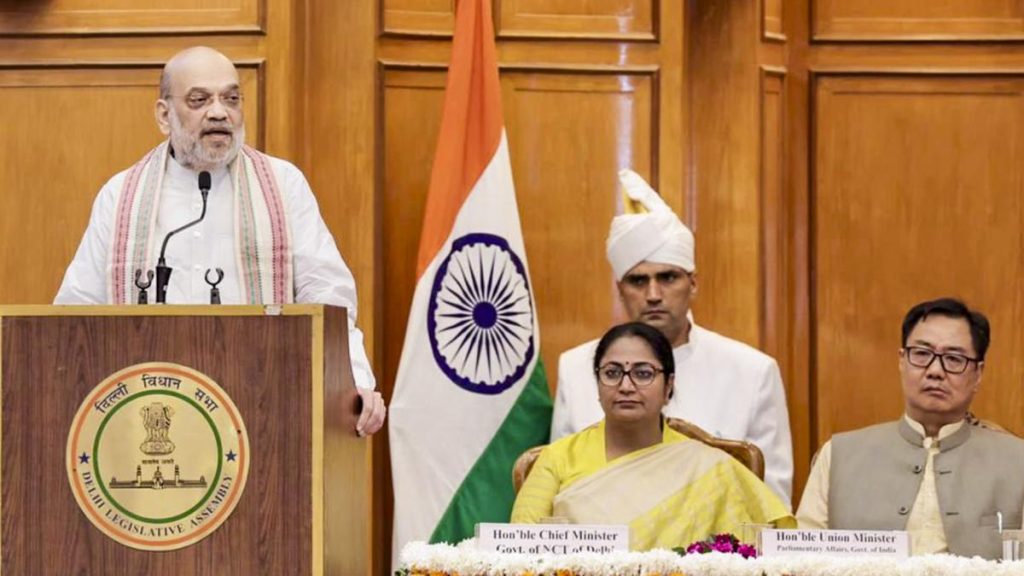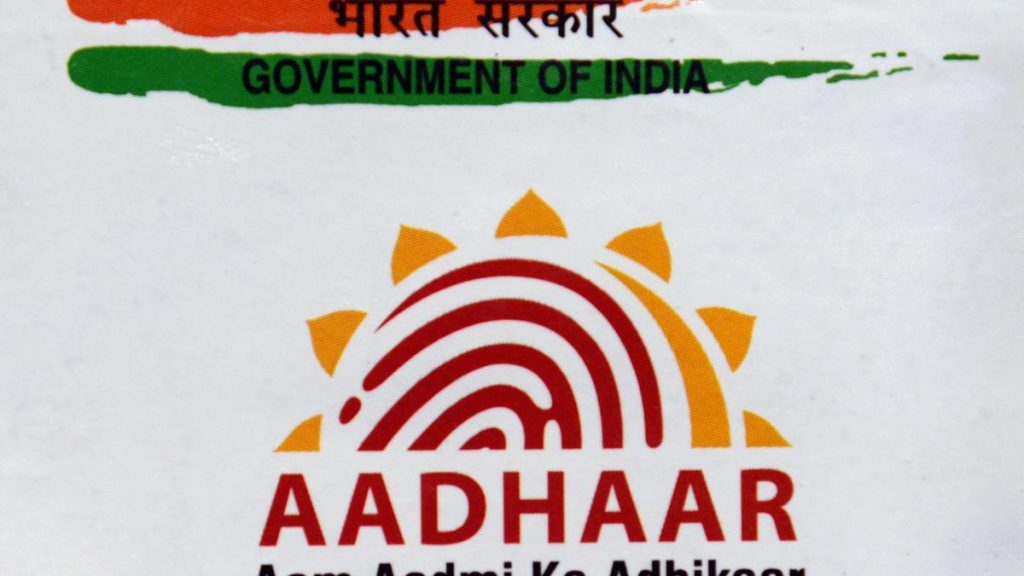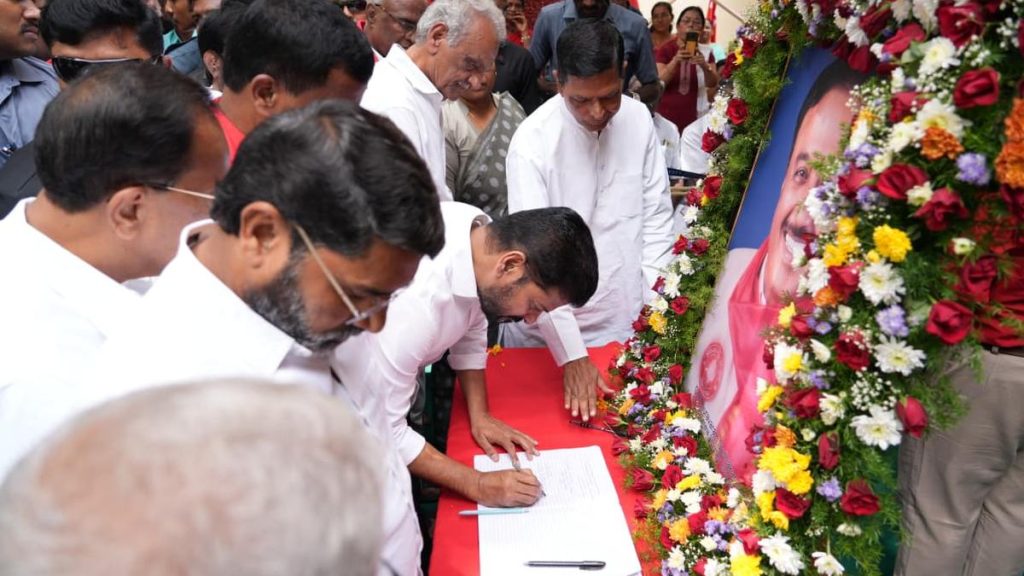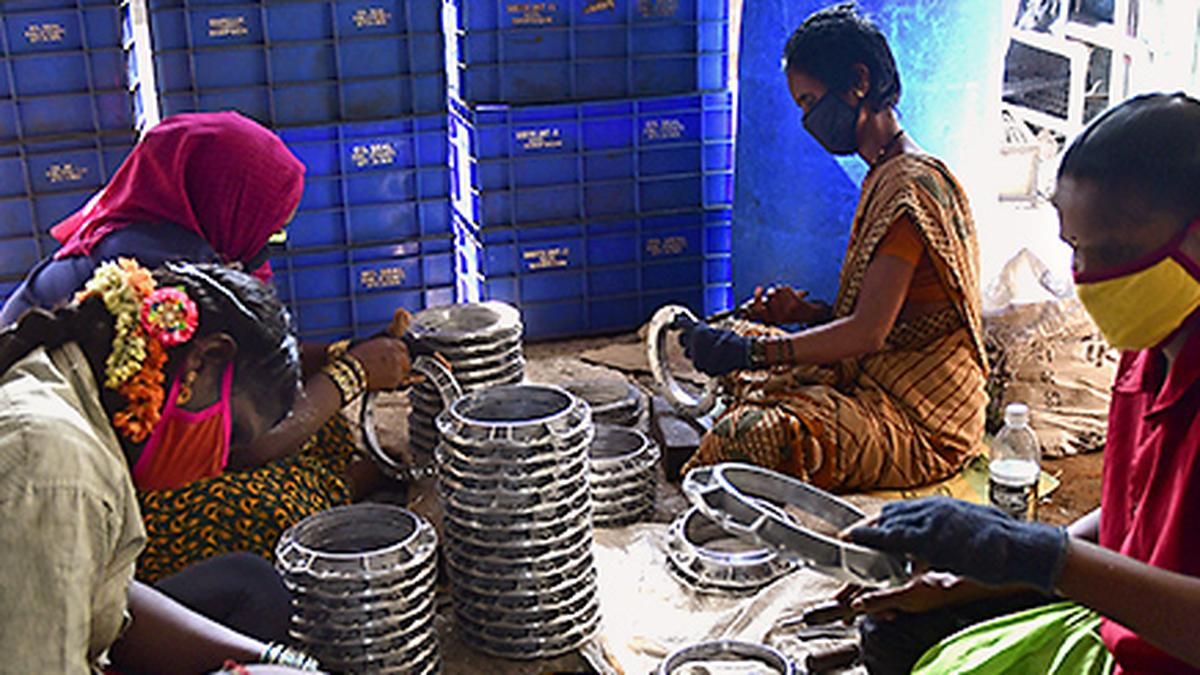Now Reading: High-Level Panel Charts Path for Inclusive Archaka Appointments in Tamil Nadu Temples
-
01
High-Level Panel Charts Path for Inclusive Archaka Appointments in Tamil Nadu Temples
High-Level Panel Charts Path for Inclusive Archaka Appointments in Tamil Nadu Temples
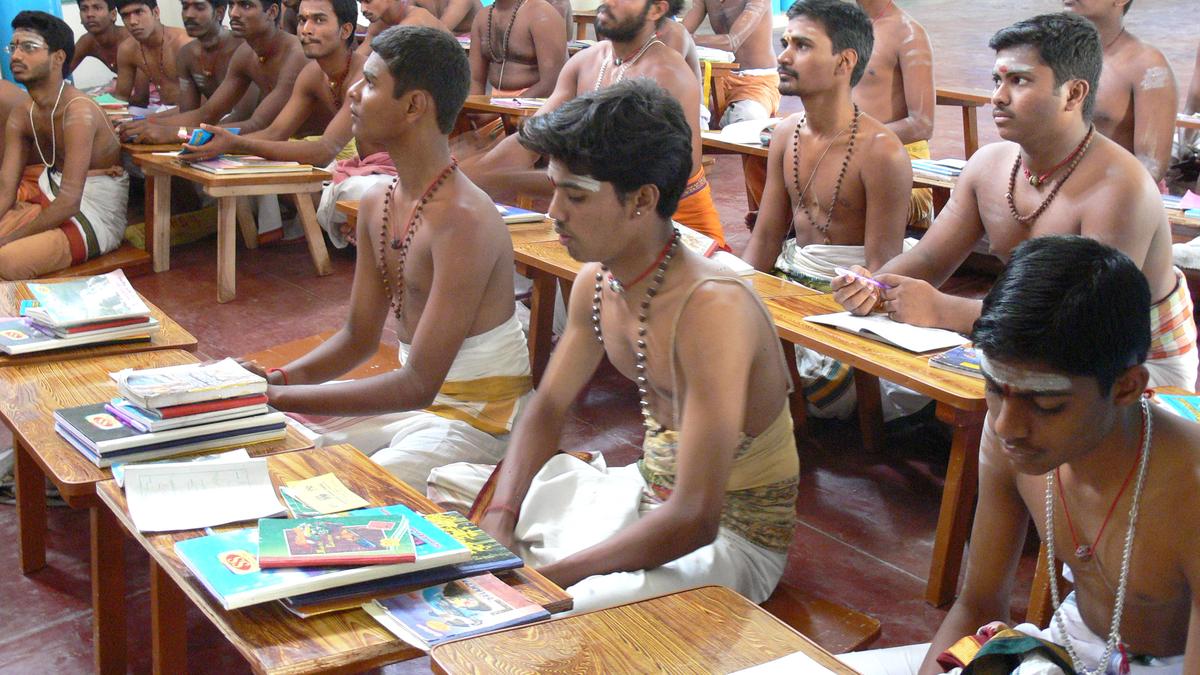
swift Summary
- Background: The Tamil nadu Legislative Assembly amended the Hindu Religious and Charitable Endowments (HR&CE) Act in 1970 to abolish hereditary priesthood and allow people from all castes to become temple priests.
- Judiciary Intervention: In a 2002 ruling, the Supreme Court confirmed that caste-based restrictions on Archaka appointments are unconstitutional, calling for qualifications and training as the only criteria.
- Policy Action (2006): Following this, Tamil Nadu’s government under M. Karunanidhi constituted a seven-member committee chaired by Justice A.K. Rajan to design guidelines for appointing trained Archakas from all castes.
- Extensive Consultations: The committee interacted with Agama scholars, temple heads, private training centers, and practitioners to study legal frameworks and traditional practices. It noted no caste-based restrictions per Agamas for Archaka eligibility; knowlege of rituals was deemed essential.
- Eligibility Framework:
– Candidates aged between 14-24 years must have completed class VIII; those above 24 years should have completed Class V.
– Training implied one-year basic or three-year advanced courses tailored around Saivite/Vaishnavite traditions.
– A structured syllabus emphasized Agamic procedures alongside social values with strict discipline requirements during training.
- Training Centers Proposed: Saivite institutes in Chennai, madurai, palani among others; Vaishnavite centers in Srirangam, Kancheepuram were also specified along with refresher courses location at Tiruchirapalli.
- Between 2007-2008, over 205 candidates were trained but programs were discontinued after one batch. T. Marichamy became the first officially appointed non-hereditary priest a decade later.
Indian Opinion Analysis
The abolition of hereditary priesthood and opening temple service opportunities for all Hindus represents significant socio-religious reform aimed at addressing caste inequality within religious practices in tamil Nadu. yet its implementation faced delays due to legal hurdles and procedural ambiguity until clarified by judicial rulings like the Supreme Court’s decision.Tamil Nadu’s efforts towards inclusivity mark progress while balancing traditional rituals based on Agama rules-showcasing both spiritual adherence and modern governance principles through structured eligibility criteria such as age limits, education prerequisites, denominational alignment requirements for specific temples (Saivites/Vaishnavites), among others.
The discontinuation of formal training programs shortly after their initiation raises concerns about sustaining reform benefits long-term without institutional mechanisms that guarantee continuity or scalability across temples statewide.
Ultimately India could see broader implications if similar policies elsewhere tackle entrenched hierarchies/cultural barriers fostering equitable representation improving access dialogues religious roles publically mainstream courtesy such decisions Tamilnadu-led framework collective follows implementation roadmap also pivotal .


